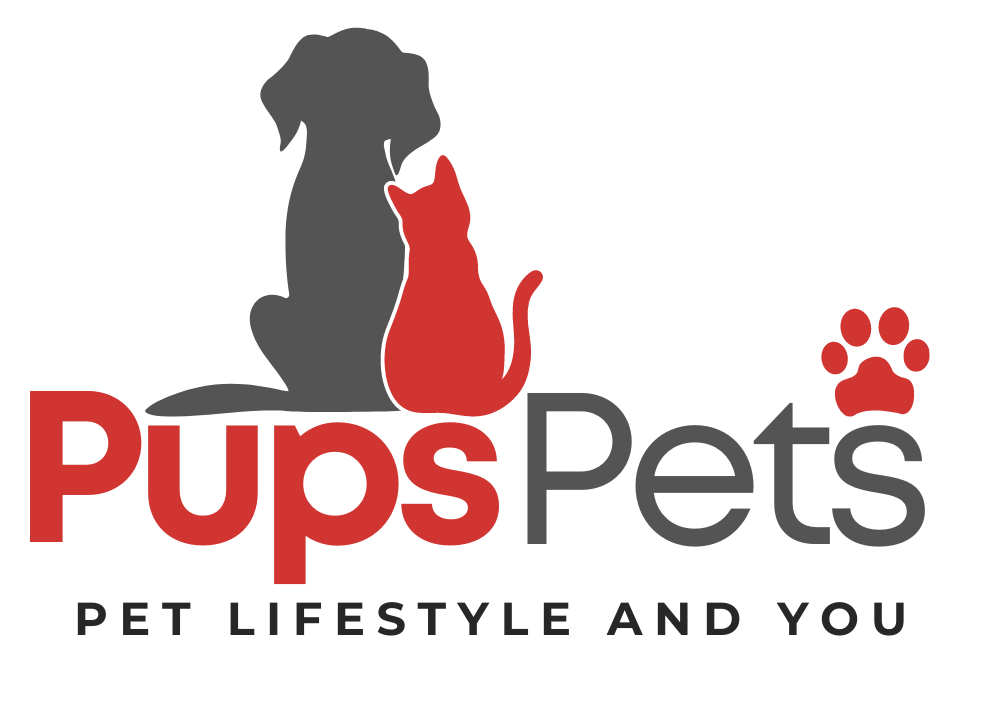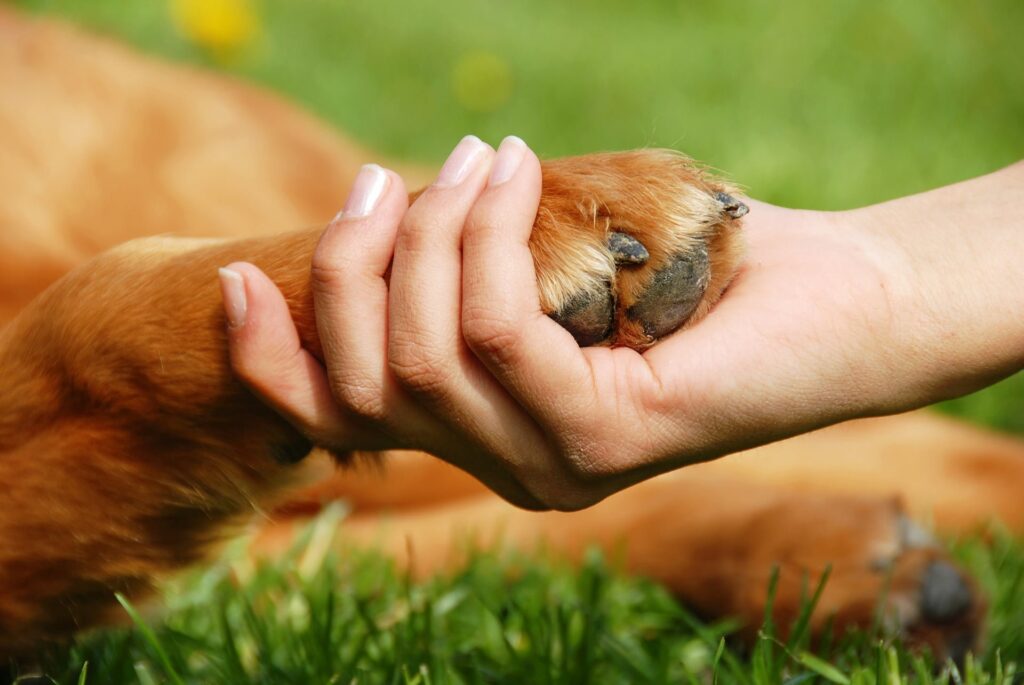Wondering how much it costs to be a dog parent? Or maybe you’re interested in how pet costs have changed over time—and where your receipts land in that range.
Owning a dog is a delightful journey filled with joy, companionship, and unforgettable moments. However, behind the wagging tails and playful antics lie a set of responsibilities and costs that every prospective dog owner should be well aware of.Most dog owners said they typically spend about $1,200 average on their dogs annually. We discovered that those costs can range quite a bit depending on your pet and lifestyle.
In this article, we’ll dive into the various facets of the costs associated with owning and caring for a dog, providing insights into both the financial and emotional investments required in dog Ownership expenses.
Read More – A GUIDE TO CHOOSING SAFE CHEW TOYS FOR DOGS
Brief Overview of the Joy of Owning a Dog
More than just a friend, owning a dog is an enlightening experience full of unmatched happiness and psychological advantages. In addition to their everyday activities, dogs offer unconditional love, emotional support, and a sense of security, all of which contribute to physical fitness. The harmonious friendships created through training and shared activities much surpass the time, energy, and financial responsibilities that come with dog ownership.
Within a community of dog enthusiasts, dogs provide as possibilities for social interactions and relaxation, acting as natural stress relievers. Dogs become beloved companions on outdoor trips, giving even more enjoyment to the experience. Comprehending the behaviour of dogs improves communication, and cherishing the little happy moments makes enduring memories.

Initial Dog Ownership Expenses
Adoption Fees or Purchase Price
Whether adopting from a shelter or purchasing from a breeder, there are initial costs associated with bringing a dog into your home. Adoption fees or the purchase price is the first financial consideration.
Essential New Dog Supplies and Equipment
Next up are the essential supplies to keep your new dog comfortable at home. Many of these dog items will vary in cost based on factors like your dog’s size, the type, and where you get it from:
- collar/harness ($5-$110)
- leash ($10-$50)
- poop bags ($10-$40)
- food and water bowls ($5-$70)
- crate ($30-$450)
- bed ($15-$450)
- toys ($5-$70)
- treats ($10-$50)
From a comfortable bed to food and water bowls, a leash, and toys, the initial setup costs for your new dog can add up. Proper preparation ensures your dog has everything it needs from day one.

Recurring Expenses
Owning a dog is a delightful experience, but it comes with financial responsibilities that extend beyond the initial adoption or purchase. Understanding and planning for recurring expenses is crucial for providing your furry friend with a happy and healthy life.
1.Nutrition and Food
Ensuring your dog receives a balanced and nutritious diet is fundamental to their well-being. High-quality dog food, treats, and supplements, if necessary, are ongoing expenses that require budgeting.
2. Veterinary Care
Regular veterinary check-ups, vaccinations, and preventive medications are essential for your dog’s health. Emergency veterinary care should also be factored into your budget for unexpected situations.
3. Grooming
Grooming supplies, professional grooming services, and regular maintenance such as nail trimming and teeth cleaning contribute to your dog’s overall hygiene and appearance.
4. Training and Behavioral Classes
Investing in training classes and behavioral programs is not only beneficial for your dog’s behavior but also contributes to a harmonious relationship between you and your furry companion.
5. Insurance
Considering pet insurance can help mitigate the costs of unexpected medical expenses, providing financial security in case of accidents, illnesses, or surgeries.
6. Toys and Enrichment
Dogs need mental and physical stimulation. Allocating a portion of your budget for toys, puzzles, and enrichment activities ensures your dog stays engaged and happy.
7. Licenses and Identification
Complying with local regulations, including obtaining licenses and providing proper identification, is a recurring responsibility that may incur fees.
8. Flea and Tick Prevention
Year-round protection against fleas and ticks is necessary for your dog’s health. Budgeting for monthly preventatives or other effective treatments is vital.
9. Bedding and Comfort Items
Replacing worn-out bedding, toys, and comfort items is an ongoing need to maintain a cozy and inviting environment for your dog.
10. Pet Sitters or Boarding Services
If you travel or work long hours, budgeting for pet-sitting services or boarding facilities ensures your dog receives proper care and attention in your absence.
Time and Commitment
Daily Walks and Exercise
Dogs require regular exercise for their physical and mental well-being. Daily walks and playtime are essential commitments for every dog owner.
Time Spent on Training and Socialization
Training and socialization are ongoing responsibilities. Investing time in your dog’s behavioral development contributes to a well-behaved and happy pet
Cost-Effective Dog Care: A Budget-Friendly Guide for Pet Parents 
Owning a dog brings immense joy, but it also comes with financial responsibilities. Fortunately, providing quality care for your furry friend doesn’t have to break the bank. In this blog, we’ll explore ten practical and cost-effective tips to ensure your dog’s well-being without compromising your budget.
DIY Grooming: Save on Salon Costs
Investing in basic grooming tools and learning to groom your dog at home can lead to significant savings. Brushing, nail trimming, and baths are tasks you can easily handle, reducing the need for frequent visits to the grooming salon.
Whip Up Homemade Dog Treats: Affordable and Healthy
Crafting your own dog treats using simple ingredients not only saves money but also allows you to control the quality of your pup’s snacks. Explore easy recipes online and treat your furry friend to homemade goodness.
Bulk Buying: Cut Costs on Essentials
Take advantage of bulk discounts by purchasing dog food, treats, and supplies in larger quantities. Many pet stores offer discounts on bulk purchases, helping you save money over time.
Prioritize Preventive Care: Avoid Costly Vet Bills
Regular veterinary check-ups and vaccinations might seem like expenses, but they’re an investment in preventing more significant health issues. Catching potential problems early can save you money in the long run.
DIY Toys and Enrichment: Stimulate on a Budget
Engage your dog’s mind with DIY toys and enrichment activities made from household items. From puzzle feeders to simple toys crafted from recycled materials, there are numerous cost-effective ways to keep your pup entertained.
Training at Home: Foster Good Behavior
Basic obedience training doesn’t always require a professional trainer. With online resources and training guides, you can train your dog at home, saving on the cost of classes while building a well-behaved and happy companion.
Smart Pet Insurance Choices: Find the Best Value
While pet insurance can be crucial, it’s essential to compare plans and choose one that suits your budget and provides adequate coverage. Shop around to find the right balance between cost and benefits.
Tap into Community Resources: Leverage Local Support
Explore local resources like low-cost vaccination clinics, spaying/neutering programs, and pet food banks. Community assistance can significantly reduce routine expenses, ensuring your dog receives proper care.
Homemade Dog Beds: Cozy Comfort on a Budget
Instead of splurging on expensive dog beds, create your own using old blankets or pillows. Homemade beds are not only budget-friendly but can be tailored to your dog’s preferences.
Regular Exercise: Health without the High Cost
Physical activity is essential for your dog’s well-being. Opt for cost-effective exercise options like daily walks, playtime in the backyard, or exploring local trails, minimizing the need for expensive equipment or memberships.
Conclusion
Recap of the Costs and Responsibilities
Owning and caring for a dog involves both financial and emotional investments. Understanding the costs and responsibilities is crucial for a fulfilling and well-balanced relationship with your furry friend.
Emphasizing the Rewarding Aspects of Dog Ownership Expenses
While the costs are undeniable, the rewards of dog ownership are priceless. The joy, companionship, and love received from your dog make every penny and minute invested worthwhile.
Read More – 10 ULTIMATE GUIDE TO GOOD DOG FOOD NUTRITION – TYPES OF DOG FOODS

Frequently Asked Questions (FAQs)
- Q: Are there ways to reduce the initial costs of getting a dog?
- A: Yes, adopting from a shelter is often more cost-effective than purchasing from a breeder, and it gives a loving home to a dog in need.
- Q: How can I ensure I am financially prepared for unexpected veterinary expenses?
- A: Having a dedicated emergency fund or investing in a pet insurance plan can provide financial security in times of unexpected health issues.
- Q: Is dog ownership suitable for individuals with a busy lifestyle?
- A: While dogs require time and attention, there are breeds and sizes that can fit well with various lifestyles. Proper planning and commitment are key.
- Q: What are the health benefits of owning a dog?
- A: Studies show that owning a dog can reduce stress, lower blood pressure, and increase physical activity, contributing to improved mental and physical health.
- Q: How can I make cost-effective choices in dog care without compromising quality?
- A: Making homemade treats and meals, as well as performing basic grooming tasks at home, are cost-effective choices that maintain your dog’s well-being.









